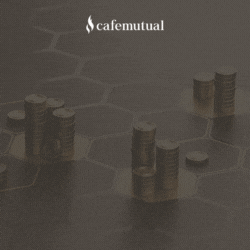Most fund houses have revised the direct plan TER of their equity funds to readjust to the new regulations. They have done so by increasing the direct plan TER of their equity funds.
A sneak peek into the website of top 10 AMCs by assets shows that all of them have increased their direct plan TER of equity schemes.
While HDFC TOP 100 increased its direct plan TER from 1.10% to 1.15% from May 21, HDFC Equity Fund and HDFC Balanced Advantage Fund have also increased direct plan TER by 0.05%.
Similarly, Axis Mutual Fund has revised TER of Axis Long Term Equity Fund from 0.58% to 0.81% from May 28. The fund house has increased TER across other equity funds like Axis Bluechip Fund, Axis Focussed 25 and Axis Multicap Fund.
Other fund houses among the top 10 AMCs that have increased direct plan TER by a healthy margin are SBI, Franklin Templeton, Kotak Mahindra and DSP.
ICICI Prudential, Aditya Birla Sun Life and UTI have increased their equity funds direct plan TER only marginally.
Earlier, SEBI had clarified that all fees and expenses charged in a direct plan (in percentage terms) under various heads including the investment and advisory fee should not exceed the fees and expenses charged under such heads in a regular plan. Simply put, the difference between the expense ratio of direct and regulator plans would now be to the extent of distribution commission.
Three fund officials who have revised their TER said there was a discrepancy between the trail commission offered to distributors and the difference between TER of regular and direct plans. Hence, fund houses have increased TER in direct plans to readjust to the new TER regime, they added.
Another reason could be increase in scheme expenses. A senior fund house official requesting anonymity pointed out that expenses incurred towards KYC and marketing costs such as printing of application forms and fact sheets has increased due to lower volume of direct plans. “Many AMCs have been facing difficulty in maintaining difference between the expense ratio of direct and regular plans to the extent of the distribution commission. Now that expenses incurred towards running a direct plan have increased, most fund houses have revised their direct plan TER.” he said.
Since the volume of regular plans is significant, the benefit of economies of scale comes into picture that reduces such costs. However, this may not be possible in direct plans for AMCs, said fund officials. Currently, many fund houses charge most expenses on AUM basis.
Experts believe that the move will help distributors as the difference between the TER of a regular plan and a direct plan has reduced.






